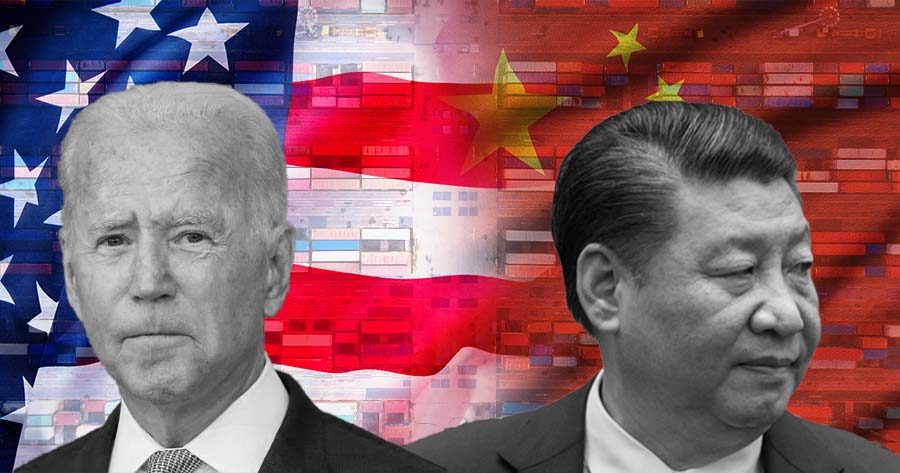To protect strategic domestic industry, the Biden’s administration and the United States Trade Representative combat China’s manufacturing power by confirming on Friday that they will maintain tariff hikes on Chinese imports, including 100% import duty on Chinese electric vehicles, 50% on solar cells, and 25% on steel, batteries and many critical minerals.
Furthermore, Chinese medical goods such as face masks, surgical gloves, and syringes will also see their respective tariffs doubled, while adding China tariff exclusions on five categories of machinery.
The USTR also reported a 50% duty due for enforcement in 2025 on Chinese semiconductors together with two new categories: polysilicon and silicon wafers.
Section 301 tariffs encompassing $18 billion in goods declared by Joe Biden in May were insufficient and did not take into account the auto industry who asked for lower tariffs on graphite and minerals needed for the production of EV batteries.
White House economic advisor Lael Brainard said the decision was to ensure the US EV industry steers clear of the supply chain predominantly controlled by China. Such tariffs are necessary in order to counteract Chinese state subsidies which led to excessive investment and production power, explained Brainard.
“The 100% tariff on electric vehicles here does reflect the very significant unfair cost advantage that Chinese electric vehicles in particular are using to dominate car markets,” said Brainard.
China, viewed such tariffs as “bullying”, promised retaliatory action and claimed innovation as the root of its EV success.
The USTR has decided to increase tariffs on medical face masks and surgical gloves to 50%, up from the proposed 25%. However, the implementation of these tariffs will be postponed to facilitate the procurement of other suppliers. For China-imported syringes which were facing shortages during the COVID-19, the planned duty will see an immediate hike to 100% from the initially intended 50%.
Furthermore, the USTR disclosed its willingness to review requests for tariff exemptions concerning five categories of industrial machinery. These include machinery designed for liquid purification, industrial robots, and printing. Additionally, exemptions from tariffs will be granted for equipment used in the production of silicon wafers and solar cells. However, equipment used in the production of complete solar modules will not receive the same privilege.





